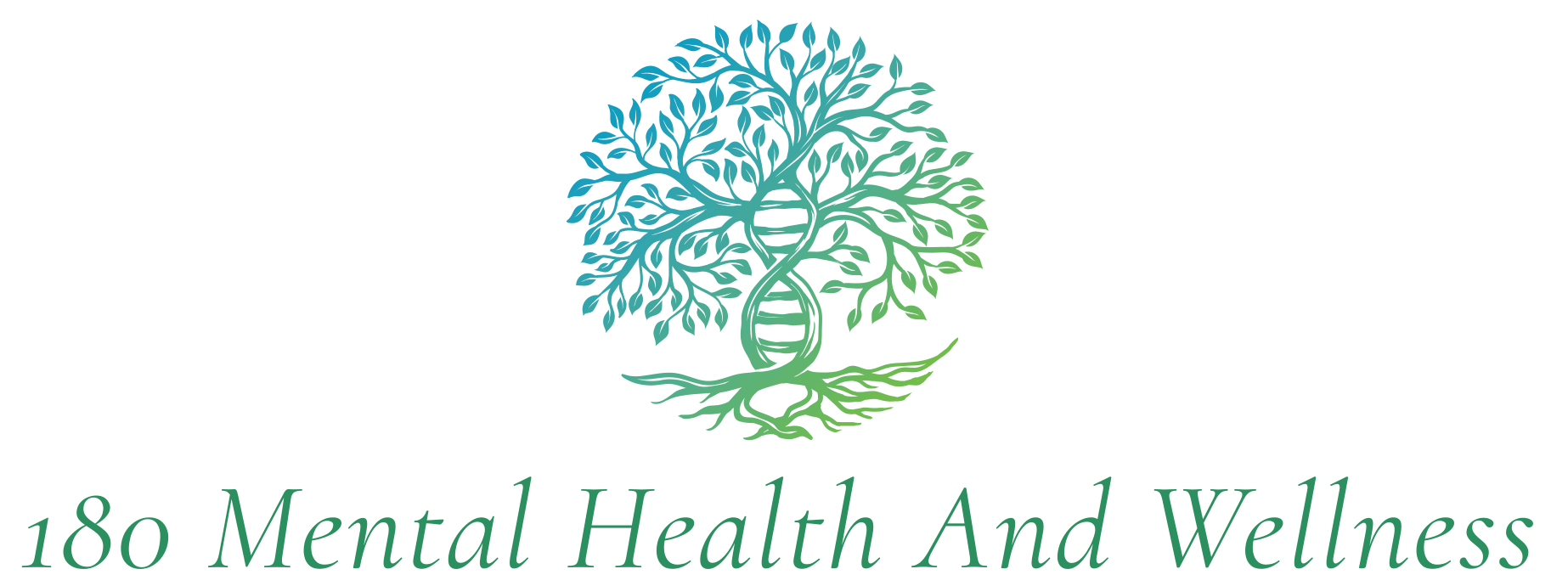Seeking help for your mental health is not always simple. Many people try to manage their feelings on their own before reaching out for support. You might know someone who found relief through therapy, or maybe you have read about different types of treatments online. One popular and widely respected therapy approach is called cognitive behavioral therapy (CBT).
If you are curious about what CBT is and how it could help, you are not alone. Understanding therapy options can reduce uncertainty and empower you to take the next step.
What Is Cognitive Behavioral Therapy?
Cognitive behavioral therapy is often referred to as CBT. It is a structured and goal-oriented form of talk therapy. It helps people identify and change patterns of thinking and behavior that cause distress. Mental health providers may recommend CBT to patients if it is the most appropriate approach. Prevailing research supports its effectiveness across a wide range of problems.
Focusing on the Present
CBT is unique because it focuses on the present, and many people undergoing therapy appreciate this practical approach. Instead of spending a lot of time on your past, CBT helps you understand how your thoughts and beliefs affect you in the present. This therapy will help you grasp how they shape your feelings and actions today. This focus often makes CBT a good fit for people looking for active solutions to their challenges.
Recognizing the Connection Among Thoughts, Feelings, and Behaviors
CBT is based on the idea that thoughts, feelings, and behaviors are closely connected. Sometimes, people get trapped in negative patterns.
For example, you may think, “I always fail at everything.” This leads to feeling hopeless and giving up on new opportunities. CBT helps you break that cycle by teaching you how to notice unhelpful thoughts. It also helps you challenge them and replace them with more realistic beliefs.
Key Elements of CBT
CBT usually follows a specific process. Sessions are typically structured and time-limited. Many CBT plans last for about 12 to 20 sessions, although this can vary depending on individual needs. CBT begins with identifying the problems you want to work on. Together with your mental health provider, you will set clear therapy goals. The provider will help you track your progress over time.
Recognizing Automatic Thoughts
A key part of CBT is learning to recognize automatic thoughts. Automatic thoughts are the first responses that pop into your mind in certain situations. Some are helpful, while others may be negative or inaccurate.
Through guided exercises, the provider helps you become aware of your thinking patterns. They also aid in identifying the ones that might be causing emotional distress.
Learning New Skills
CBT often includes learning new skills. You may practice techniques like problem-solving, relaxation, or assertiveness. Many providers use role-playing and real-world tasks to help you apply what you learn in therapy to your daily life. Homework is a common part of CBT, but it is not about school grades. Instead, it gives you a chance to practice new ways of thinking and behaving between sessions.
How CBT Works in Different Situations
CBT is a flexible approach that can be used for many mental health concerns. Research shows that CBT can help with depression, anxiety, panic attacks, phobias, OCD, and eating disorders. It is a recommended treatment for PTSD and is a common choice for therapy for bipolar disorder.
Stress Management
It can also support people dealing with stress, chronic pain, sleep issues, or even relationship problems. For example, if you struggle with anxiety, CBT might focus on identifying the thoughts that lead to worry. You would learn how to challenge those thoughts and replace them with more balanced ones.
If you feel stuck in sadness, CBT helps you uncover patterns of thinking like “Nothing will get better.” By challenging these thoughts and taking small, positive steps, you can start to feel more hopeful and active.
Behavioral Experiments
Some CBT sessions may include behavioral experiments. For instance, suppose you significantly avoid certain situations because of fear.
In this case, your provider may work with you to face those situations gradually and safely. Over time, this helps reduce anxiety and build confidence.
Evidence and Effectiveness
Decades of research supports the effectiveness of CBT. Studies show that CBT can be as effective as medication for those with depression and anxiety disorders. Unlike taking medication, CBT teaches lasting skills you can use throughout your life.
CBT is also accessible. Many providers offer this therapy in person or online. This makes cognitive behavioral therapy suitable for different lifestyles and comfort levels. The skills learned in CBT can benefit your mental health and also your work, relationships, and everyday well-being.
CBT also emphasizes collaboration. You and your mental health provider work as a team. Your feedback matters, and your provider will adjust the therapy plan to fit your needs. This empowers you to take an active role in your healing process.
What Is Cognitive Behavioral Therapy in Phoenix, AZ
Cognitive behavioral therapy offers a practical and effective way to manage your mental health. By targeting unhelpful patterns and giving you tools for change, CBT puts you in control of your mental health progress. Whether you face anxiety, depression, or stress, learning CBT techniques can bring lasting benefits.
Now that you have the answer to the question, “What is cognitive behavioral therapy?” trust 180 Mental Health and Wellness, the best mental health clinic near you. Our skilled mental health providers are committed to your well-being at every step. To get started, call (480) 863-5250 or use our online appointment request form. You do not have to face these challenges alone; trustworthy support is available whenever you need it.
We look forward to serving you!
Sources:
https://my.clevelandclinic.org/health/treatments/21208-cognitive-behavioral-therapy-cbt
https://www.mayoclinic.org/tests-procedures/cognitive-behavioral-therapy/about/pac-20384610

